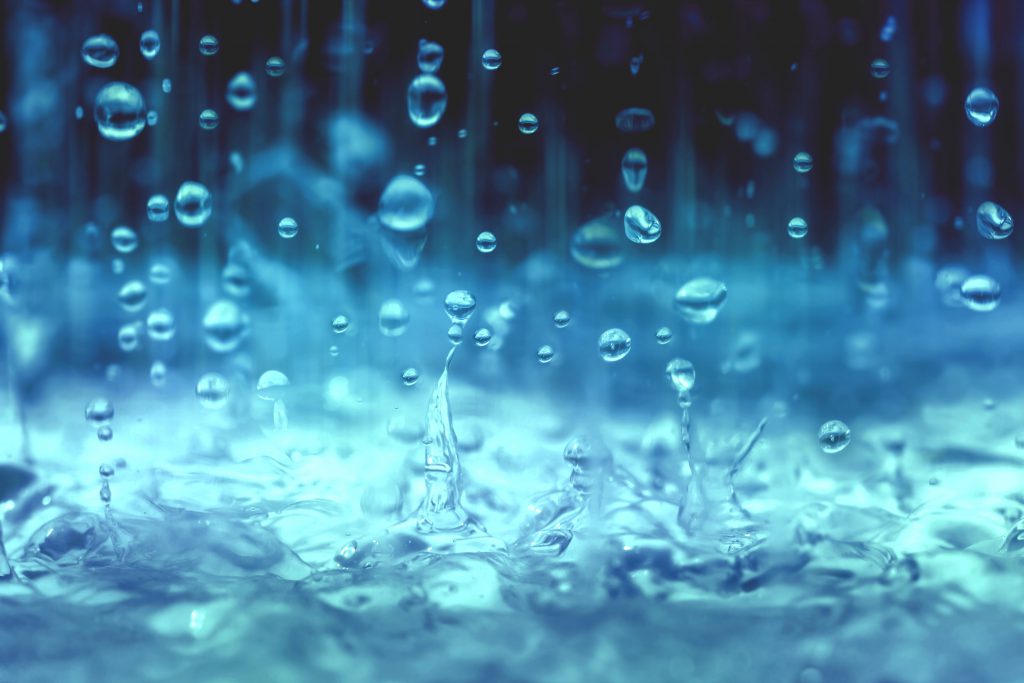Autumn, with its vibrant colors and crisp air, brings a reminder for homeowners: it’s time to clean your rainwater tank. As leaves fall and nature prepares for winter, ensuring your rainwater tank is clean and functional is crucial for a hassle-free season.

Why autumn is the ideal time for tank cleaning
The falling leaves of autumn, while beautiful, can lead to clogged rainwater downspouts and potential contamination of your stored water. Cleaning your tank annually, especially after the leaves have fallen, can prevent these issues and ensure a steady supply of clean rainwater.
The risks of neglecting your tank
While many homeowners opt to clean their tanks in the summer to avoid any unpleasant odors, waiting until after the leaf fall can be more beneficial. Leaves and other debris can accumulate in the tank, leading to blockages and water contamination. Regular maintenance can prevent these problems and extend the life of your tank.
DIY vs. Professional Cleaning
For the adventurous homeowner, the idea of cleaning the tank personally might be tempting. However, this task is not without its risks. If you decide to embark on this DIY project:
1. Always have a partner. Never enter the tank trap alone.
2. Be aware of the risk of CO intoxication. Ensure there’s a fresh air supply in the tank at all times.
3. Once the tank is emptied, the cleaning can begin.
However, for those who prefer a hassle-free experience, professionals can clean your tank safely and thoroughly in just a few hours, ensuring no spot is missed.
Benefits of a Rainwater Tank
At TEAM construct, every quote includes a rainwater tank, paired with a quiet hydrophore group (57db) guaranteed for 5 years. This setup is ideal for connecting toilets and washing machines.
Consider installing a tap connected to the rainwater supply in your garage or terrace. You’ll be amazed at the savings, both financially and environmentally.
Domestic Uses of Rainwater
Using rainwater for domestic purposes is highly recommended. Not only does it reduce the strain on municipal water supplies, but it also offers financial savings. Here are some ways you can use rainwater at home:
1. Toilet flushing
2. Car washing
3. Watering indoor plants and gardens
4. Cleaning floors
By utilizing rainwater for these tasks, you can significantly reduce your water consumption, leading to lower bills and a more sustainable household.
Conclusion
As autumn sets in, taking the time to clean and maintain your rainwater tank can lead to a smoother transition into winter. Whether you choose to clean the tank yourself or hire professionals, regular maintenance is key to ensuring a reliable and clean water supply. Embrace the spirit of autumn and prepare your home for the seasons ahead.

 Open Immovlan
Open Immovlan